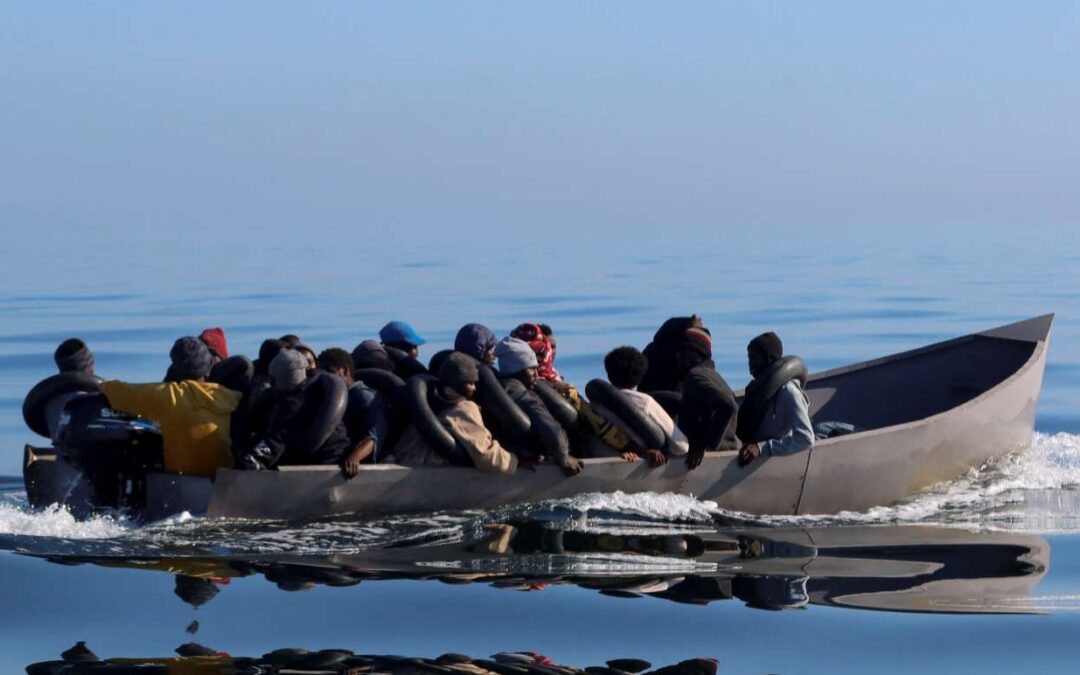

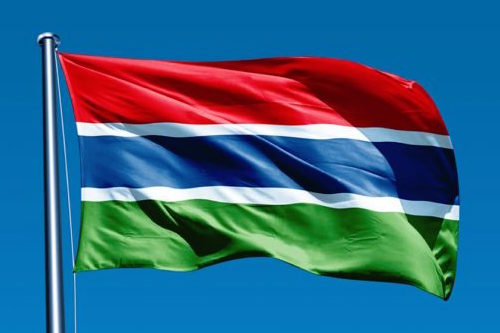
Gambia: West African States agree on Court for Jammeh-era crimes
ECOWAS adopts statute of “hybrid” court to prosecute crimes under ex-president Yahya Jammeh The agreement on 15 December 2024 to establish a special court to try the worst crimes committed under the rule of the former president of Gambia, Yahya Jammeh, if...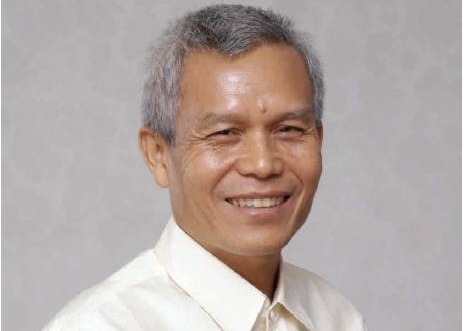
Laos: States should ask “Where is Sombath?” at upcoming review of human rights record
15 December 2024: On the 12-year anniversary of the unresolved enforced disappearance of Lao civil society leader Sombath Somphone, we, the undersigned civil society organizations and individuals worldwide, urge United Nations (UN) member states to express their...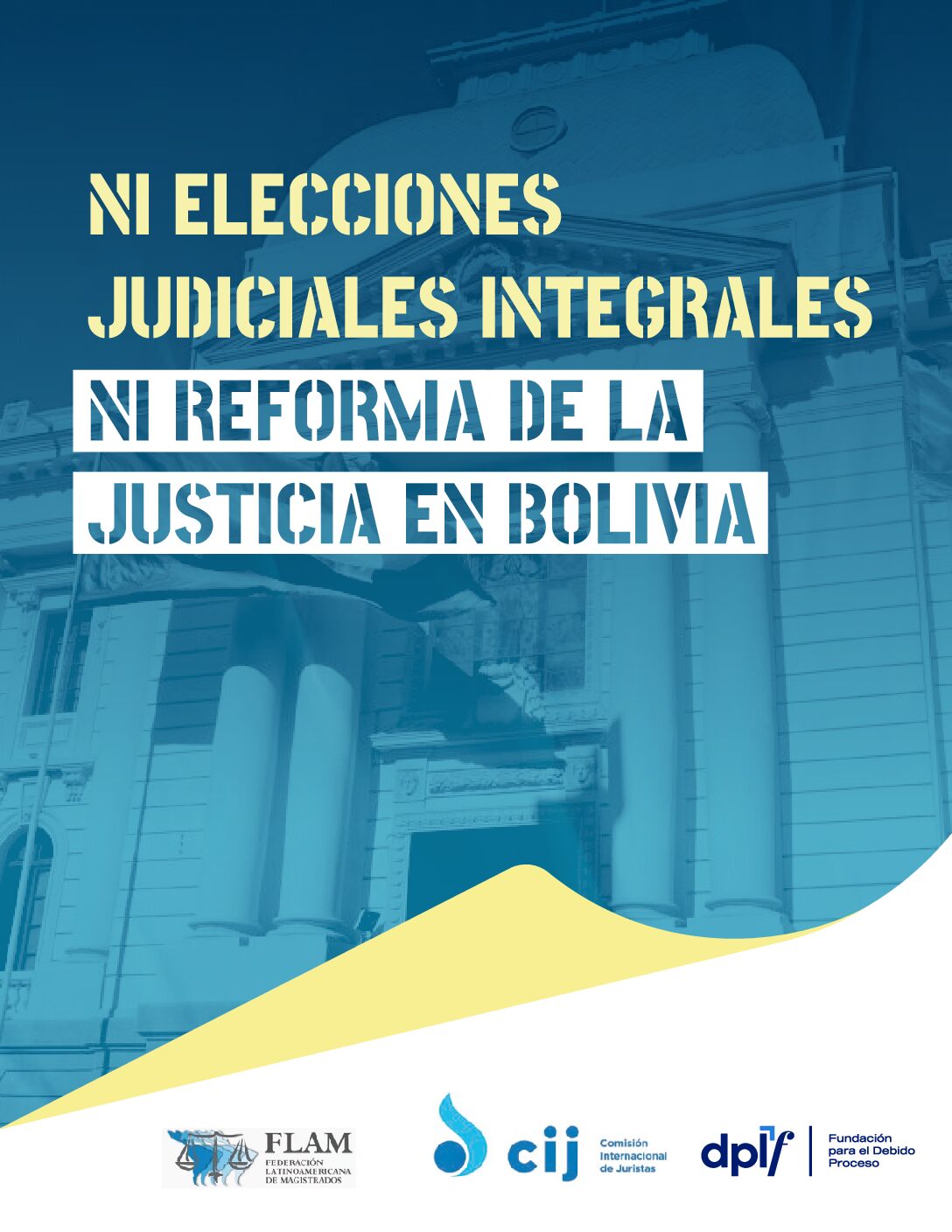
Bolivia: New Report Highlights Shortcomings and Challenges of Judicial Independence
Judicial election processes and reform efforts deeply flawed The ICJ, jointly with the Due Process Law Foundation and the Latin American Federation of Magistrates, today launched the report titled “Neither comprehensive judicial elections nor judicial...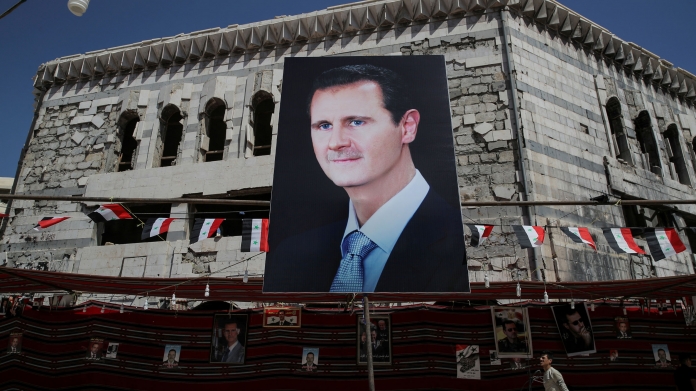
Syria: Ouster of Bachar Al-Assad a Historic Opportunity for Justice and Accountability
The ouster of Bachar Al Assad is a unique, historic opportunity for the pursuit of justice, accountability, and the right to truth for decades of serious crimes under international law in Syria, the International Commission of Jurists (ICJ) said today. “As Saidnaya,...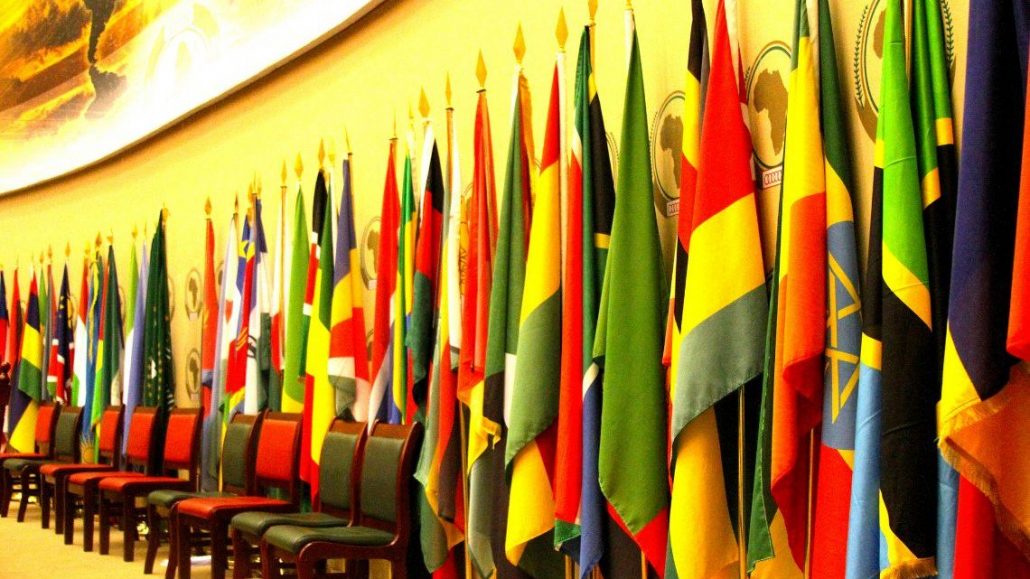
Africa: African Commission on Human and Peoples’ Rights calls for the full continental ratification and implementation of the African Disability Protocol
On the International Day of Persons with Disabilities, the ICJ, Inclusion Africa, Sightsavers and Validity Foundation welcome the adoption by the African Commission on Human and Peoples’ Rights of a Resolution on 6 November aimed at advancing the ratification and effective implementation of the African Disability Protocol (“Protocol”) across the African continent.




